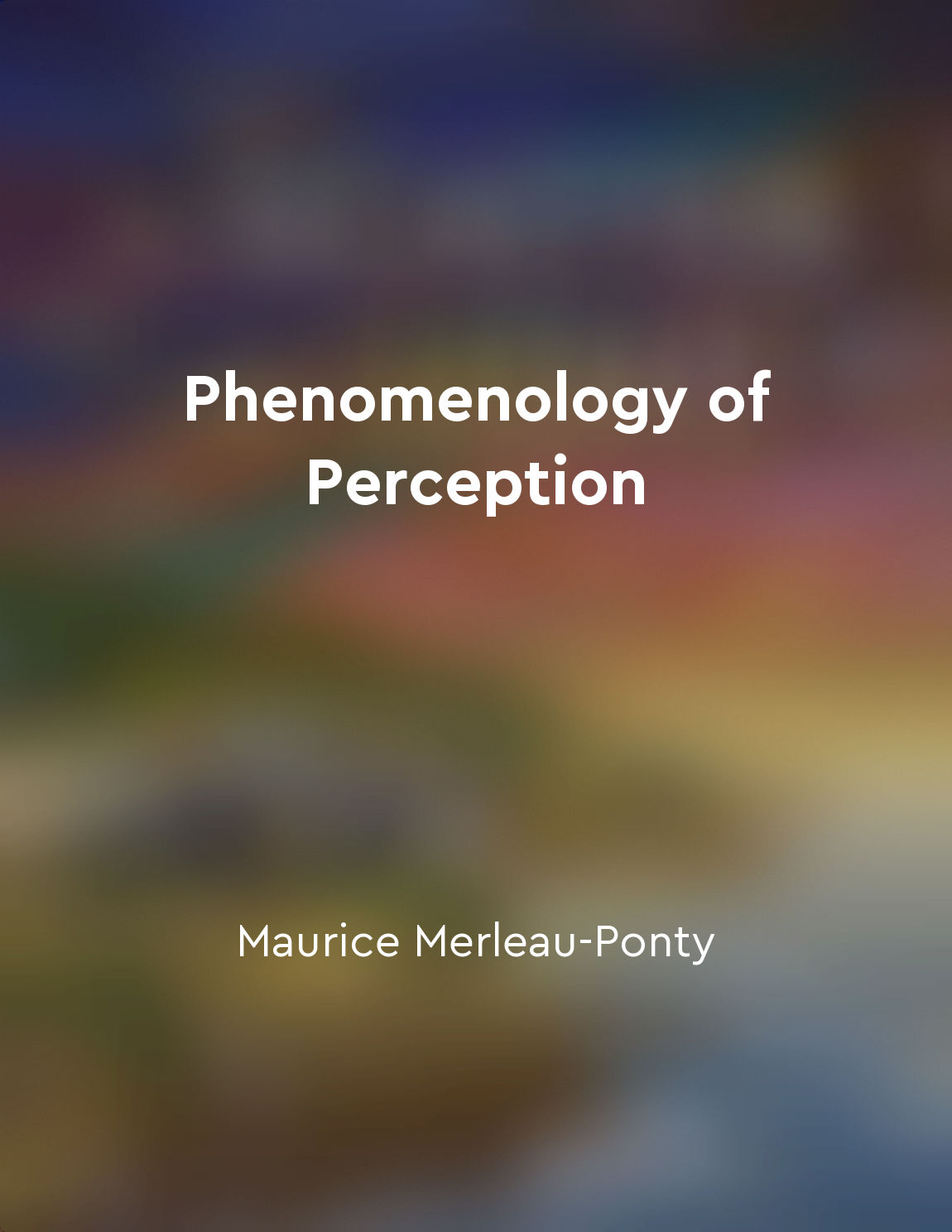Belief in continuity of self challenged from "summary" of The Man Who Wasn’t There by Anil Ananthaswamy
The idea that we have a continuous and unchanging self is deeply ingrained in our minds. We tend to believe that we are the same person today as we were yesterday, and that we will be the same person tomorrow. However, this belief is not as solid as we may think. In the book "The Man Who Wasn’t There," Anil Ananthaswamy explores the concept of self and how it can be challenged in various ways. One of the most intriguing challenges to the continuity of self comes from patients with neurological conditions such as Alzheimer's disease. These patients experience a gradual loss of memory and cognitive function, which can lead to a sense of disconnection from their past selves. Ananthaswamy introduces us to individuals who struggle with the feeling of not recognizing themselves in the mirror, or not remembering important events from their past. This sense of discontinuity can be deeply uns...Similar Posts

The body is a lived experience of the world
The body is not just a physical object in the world, but it is our way of experiencing and engaging with the world around us. O...
Embracing vulnerability
Vulnerability is not weakness. It is the fundamental quality that allows us to connect with others on a deeper level, to truly ...
Religion is built upon faith and emotional commitments
Religion, according to Hume, is not grounded in reason or evidence, but rather in faith and emotional commitments. He argues th...
Identity is fluid and everchanging
Identity, like everything else, changes. It changes by the second. Identity is never the same for two consecutive moments. Iden...
Letting go of attachment is key to finding true happiness
The idea that letting go of attachment is key to finding true happiness is a common theme in many spiritual traditions. This co...
True nature of self revealed
The true nature of self revealed is a concept that delves into the fundamental question of who we truly are. It is a search for...

Braincomputer interfaces will enhance cognition
Brain-computer interfaces (BCIs) have the potential to greatly augment our cognitive abilities. By directly connecting our brai...
